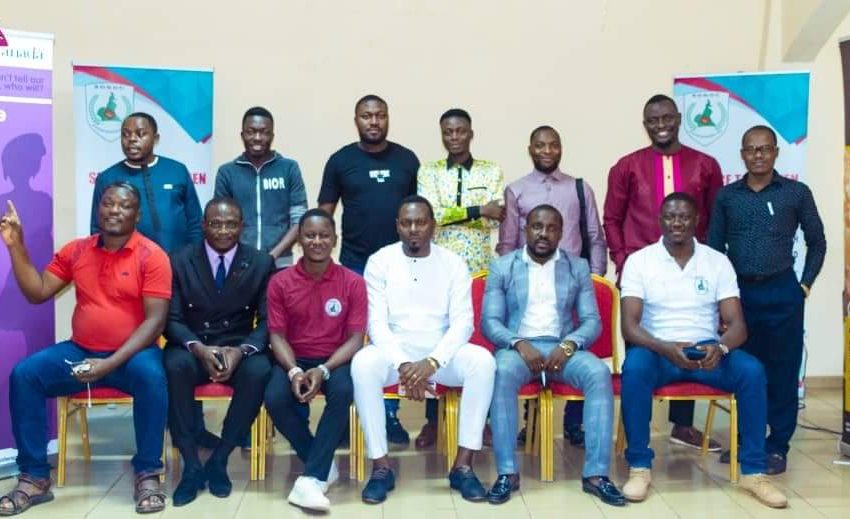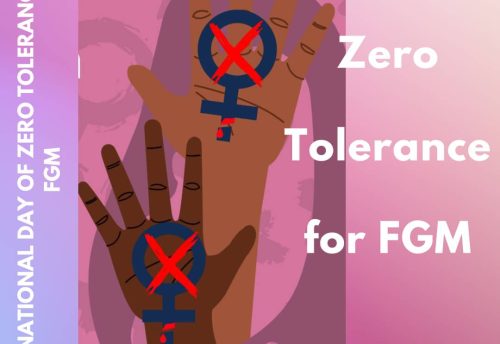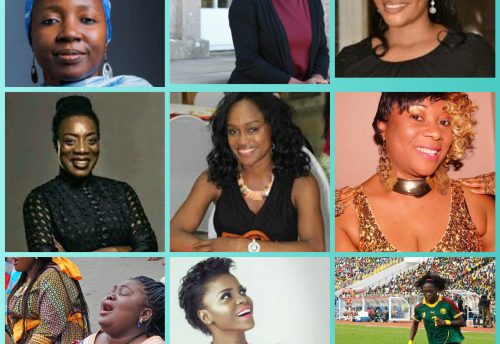
Men Too
On her first week of probation at the bank, Mary (not her real name) noticed that the bank manager was unusually friendly towards her. Over the weekend, he texted her, offering to secure her a job at the bank after probation if she complied with his requests.
His requests quickly escalated to soliciting nude pictures from her and inviting her to meet him at a hotel after work. Recognizing the inappropriate nature of his advances, Mary firmly rejected them. However, once she turned him down, his attitude towards her drastically changed. He began scolding her frequently at work and making demeaning comments about her performance. Feeling frustrated, Mary confided in some of her male colleagues, hoping for support, but instead, they laughed off her concerns.
Her male colleagues suggested that it was a privilege for Mary to be pursued by the boss and that by rejecting his advances, she was jeopardizing her chances of a successful career. To her disappointment, at the end of her probationary period, she was not retained for the job.
In the face of obvious sexual harassment at work, Mary sought advice from her male colleagues, only to be met with laughter and encouragement to comply with the manager’s advances. This response of laughter in the face of gender-based violence (GBV) is unfortunately a common reaction, particularly from men, when stories of workplace sexual harassment are shared. However, this laughter undermines the seriousness of the issue, perpetuates a culture of silence, and fails to provide the support that victims need.
It is important to note that the laughter may sometimes stem from discomfort or a lack of knowledge on how to respond to instances of GBV. However, it is crucial to move beyond this discomfort and engage in meaningful conversations and actions to address the issue.
Despite significant efforts to combat sexual and gender-based violence, the threat continues to loom over women and girls in Cameroon. Shockingly, a large number of women in Cameroon experience violence throughout their lives.
To effectively address the problem of gender-based violence, it is crucial to engage not only women and girls but also men and boys in the fight to end all forms of GBV.
What can men do?
Men can act as change agents by taking responsibility for the power they hold, the space they occupy, and their actions and behaviors. It is important to question one’s complicity within systems of violence and reflect on whether actions, words, or silence contribute to or oppose violence.
Education and active listening to people with different experiences of violence are crucial.
Men can educate themselves bynews, books, and resources, attending workshops, or participating in events related to ending all forms of GBV . Understanding sexualized violence and its connections to other forms of violence is important for creating meaningful change and challenging the status quo.
Engaging in conversations and learning from other men who are committed to addressing gender-based violence is also valuable step. By sharing experiences, knowledge, and strategies, men can collectively work towards fostering a culture of non-violence and respect.
Taking action against violence when it is witnessed is vital. Men can speak up when they hear violent or oppressive language or comments, and actively challenge and debunk myths that perpetuate violence. By opposing violence and promoting respectful attitudes, men can contribute to creating a safer and more equitable society.
Importantly, it is crucial to recognize that gender-based violence is never a laughing matter. Laughter should never be used to mask or downplay the severity of GBV. It is essential to treat the issue with the seriousness and sensitivity it deserves, as it affects the lives and well-being of countless individuals.
In conclusion, to effectively address gender-based violence, the involvement of men and boys is crucial. By taking responsibility, educating themselves, engaging in dialogue, and taking action against violence, men can contribute to ending GBV and creating a society where respect and equality prevail.



Leave a Comment